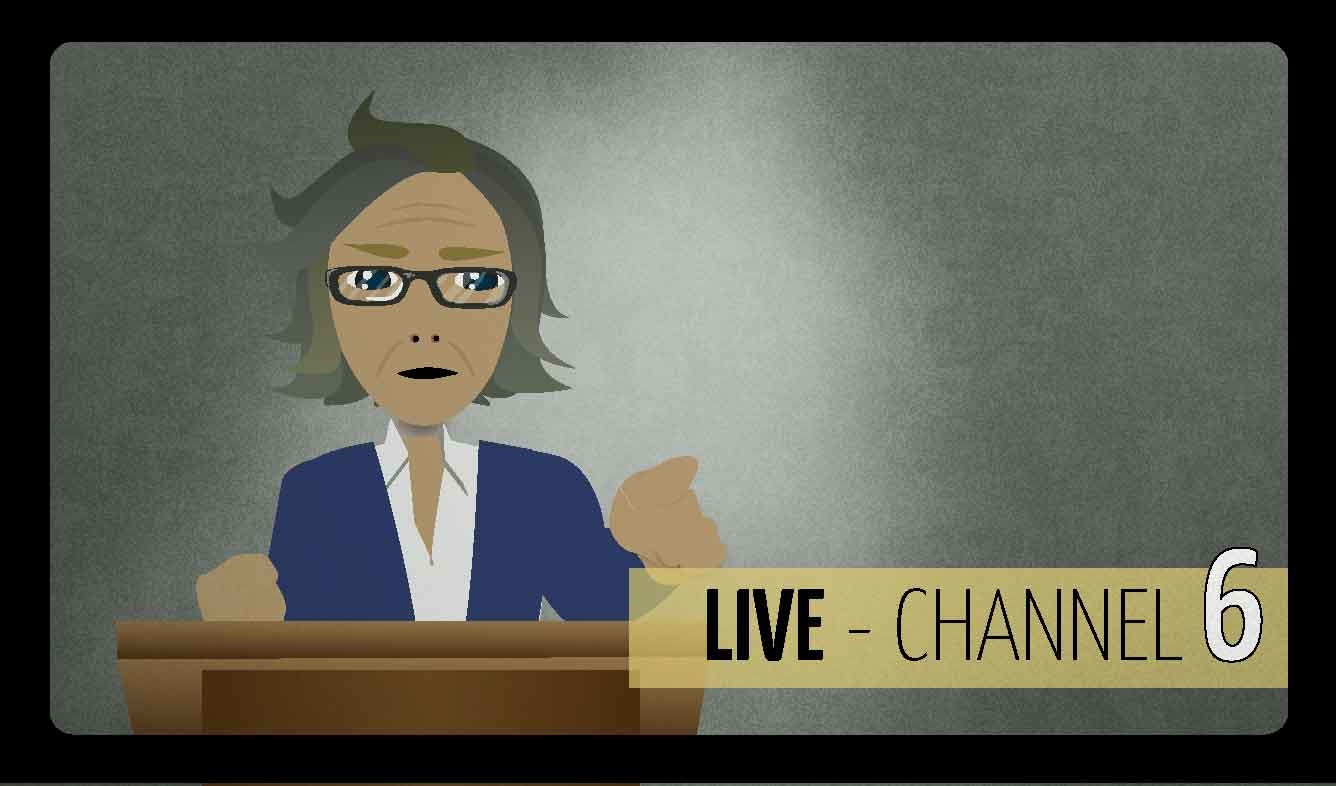“I intend to address these challenges head-on.”
There's an upcoming election. You're watching a speech by one of the candidates. She's just listed some problems in the government. Now she says this.
I intend to address these challenges head-on.
Want Video and Sound? Follow us on YouTube

I intend to (do something)
"I intend to ___" means "I will ___". Use it to annouce something that you've decided that you're going to do.
This way of speaking sounds formal and confident, so politicians often talk about things that they're going to do with "I intend to ___":
I intend to fix our nation's schools.
Someone like a sports coach could also speak this way:
I intend to go out there, play hard, and win.
address challenges
"Challenges" are similar to "problems". The word "challenges" sounds more positive than "problems", though. People use the word "challenges" at work, in sports, and so on:
We're definitely facing some challenges this quarter.
The Jets have had to overcome a lot of challenges this season.
When you "address" a challenge, you do something about it. You work to overcome (meaning fix or survive) the challenge. This is a formal phrase that's often used in politics and corporate businesses:
Mr. President, how do you plan to address these challenges?
Our team has done a simply spectacular job of addressing the challenges that our industry has been facing in recent years.
(do something) head-on
"Head-on" means "directly". When you deal with a problem "head-on", it means that you do it energetically, and without hesitation.
Here are the common actions that people do "head-on":
face (something) head-on
challenge (someone) head-on
tackle a problem head-on
address (somethiing) head-on
confront (someone) head-on
Doing things "head-on" is almost always positive. Most people agree that problems should be handled "head-on".
